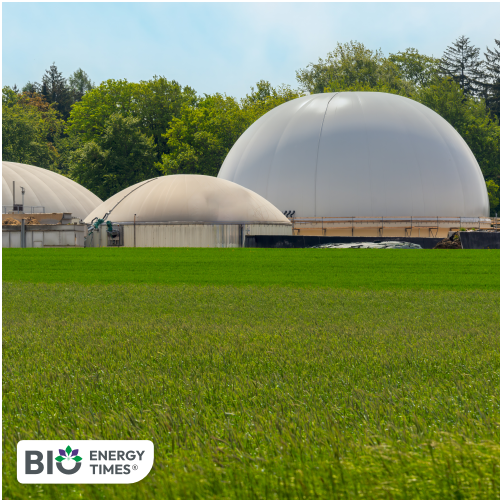Chandigarh: Haryana’s Animal Husbandry and Dairying Minister, Shyam Singh Rana, has instructed officials to establish biogas plants in all cow shelters across the state to make them self-reliant. The directive was issued during a review meeting held on Tuesday, where the minister also urged the department to explore ways of producing value-added dairy products within these shelters, reports Mint.
Rana said that such steps would help reduce operational costs and improve the sustainability of gaushalas while also increasing the availability of high-quality dairy products for the public. He further emphasised the need for collaboration with scientists from the National Dairy Research Institute (NDRI) in Karnal. The aim is to adopt modern technology to enhance cattle breeds and improve milk production. He asked officials to work closely with NDRI experts to strengthen the livestock sector in Haryana.
During the meeting, the minister also reviewed the various announcements made in the March 2025 state budget. He stressed that all proposed initiatives should be completed within the set timelines. These include financial support for women to start dairy businesses, the establishment of infrastructure for indigenous cattle breeding, improvements in registered gaushalas, and upgrades to veterinary facilities. He highlighted the need for efficient implementation of these schemes to ensure they benefit farmers and rural communities.
Later, Rana, who also holds the Agriculture and Farmers’ Welfare portfolio, chaired another meeting with the Haryana State Warehousing Corporation. He directed the corporation to speed up the construction of new warehouses with a combined storage capacity of three lakh metric tonnes. He also underlined the importance of acquiring land near existing warehouses to set up crop procurement centres, which would help reduce transportation expenses and ease crowding in grain markets.
The minister’s instructions reflect the state government’s focus on strengthening agricultural infrastructure, supporting animal welfare, and making rural institutions more efficient and sustainable.















